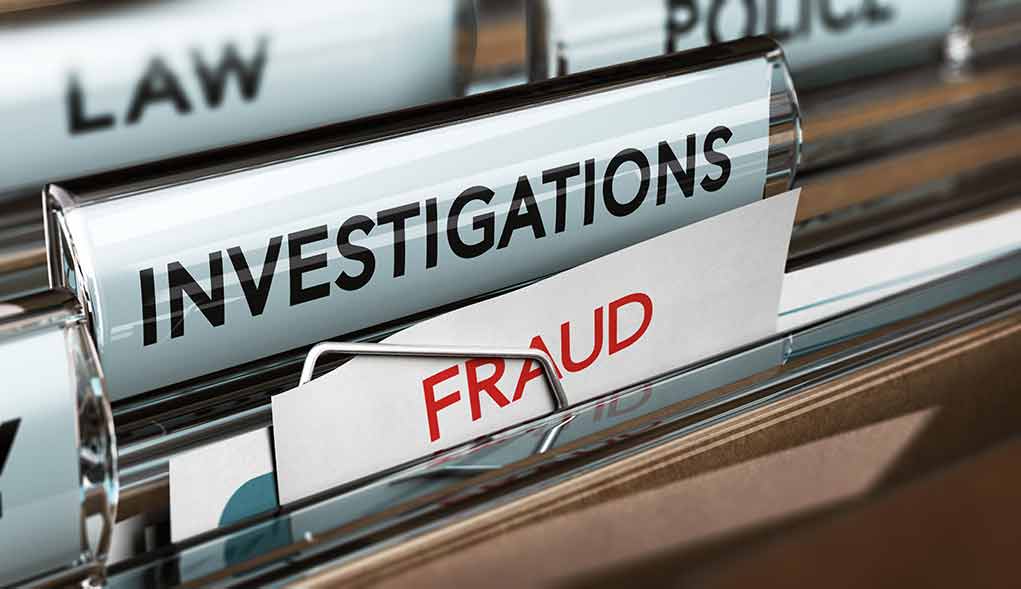
California Lemon Law attorneys face RICO charges in Ford’s bombshell $100 million lawsuit alleging a sophisticated fraud scheme involving impossibly long work days and phantom legal hours.
Key Takeaways
- Ford Motor Co. has filed a federal RICO lawsuit against several prominent California Lemon Law firms, alleging they fraudulently extracted over $100 million through inflated legal fees
- The lawsuit claims attorneys billed for impossible workloads, including one lawyer who supposedly worked 57.5 hours in a single day
- Knight Law Group, Altman Law Group, and Wirtz Law APC are among the defendants accused of operating a sophisticated criminal enterprise to defraud automakers
- Ford has been cooperating with a federal grand jury investigation into the alleged scheme since 2021
- The case highlights potential abuse of California’s consumer-friendly Lemon Law system and may prompt legislative reform
Ford Uncovers Massive Billing Fraud Scheme
Ford Motor Company has launched a federal lawsuit against several prominent California law firms, accusing them of orchestrating an elaborate fraud scheme that bilked the automaker out of at least $100 million through falsified legal bills. The lawsuit, filed in Los Angeles federal court, alleges that Knight Law Group, Altman Law Group, Wirtz Law APC, and several individual attorneys violated the Racketeer Influenced and Corrupt Organizations (RICO) Act by systematically submitting fraudulent billing records across thousands of California Lemon Law cases. Ford’s comprehensive investigation revealed attorneys billing for physically impossible workloads, including instances where lawyers claimed to work more hours than exist in a day.
“The scheme was carried out through a sophisticated criminal enterprise of attorneys and law firms that ingeniously spread their fraudulent billings across thousands of cases against many auto manufacturers so that their fraudulent scheme would go undetected,” according to Ford’s complaint filed in the Central District of California.
Impossible Workdays and Ghost Hours
According to court documents, the alleged scheme involved attorneys claiming outlandish billable hours that defied physical possibility. In one egregious example, Knight Law Group partner Amy Morse allegedly billed 57.5 hours in a single 24-hour day. The lawsuit further claims that attorneys double-booked court appearances, billing multiple clients for being in different courtrooms simultaneously. Steve B. Mikhov and Knight Law Group are named as key orchestrators of the scheme, which allegedly spread fraudulent billings across cases involving multiple automakers to avoid detection, creating what Ford describes as ‘ghost hours’ for work never performed.
“Ford’s civil RICO against a number of lawyers and law firms is a result of a comprehensive investigation that uncovered what’s alleged to be a massive scheme to submit phantom invoices filled with ‘ghost hours’ for work that was never performed to deceive California judges, dupe their own clients and to defraud auto manufacturers. In Ford’s case, these fraudulent and inflated billings are alleged to total at least $100 million dollars over five years,” said Doug Lampe, Ford’s counsel.
Exploiting California’s Consumer Protection Laws
The lawsuit describes how the defendants allegedly exploited California’s Song-Beverly Consumer Warranty Act, commonly known as the Lemon Law, which requires manufacturers to pay reasonable attorney fees when consumers prevail in claims involving defective vehicles. This fee-shifting provision became the target of systematic abuse, with Ford claiming the attorneys deliberately inflated hours, submitted fictitious invoices, and coordinated their efforts to maximize payouts. The carefully orchestrated scheme allegedly involved preparing and filing fraudulent fee applications, negotiating settlements based on inflated figures, and distributing the ill-gotten gains among participants.
“When you look at any single legal bill for a single case it might show only one or two hours for a given lawyer on a given day—nothing to draw suspicion. However, when Ford searched across public filings, as alleged in the complaint, the conduct in this case was carried out through a sophisticated and unlawful enterprise of attorneys and law firms that spread their fraudulent and inflated bills across thousands of cases and against many auto makers,” said Edward McNally, Ford’s attorney.
Federal Investigation Underway
The civil lawsuit may be just the beginning of legal troubles for the accused attorneys. Ford revealed it has been cooperating with federal prosecutors on a parallel criminal investigation. The company’s filing indicates federal authorities have taken an interest in the allegations, suggesting potential criminal charges could follow. Ford is represented by Kasowitz Benson Torres LLP in the lawsuit, which seeks treble damages under the RICO Act, attorney fees, and declaratory relief to prevent further fraudulent payments to the defendants.
“Ford reported this conduct to the United States Attorney’s Office and has been cooperating with a grand jury subpoena served on it in the fall of 2021,” said Daniel J. Fetterman, attorney for Ford.
Calls for Legislative Reform
The case has prompted renewed calls for reform of California’s Lemon Law system, which critics argue creates perverse incentives for attorneys to prioritize fee generation over client interests. Business groups have pointed to the lawsuit as evidence that additional legislative safeguards are needed to prevent abuse while still protecting legitimate consumer claims. The California Civil Justice Reform Coalition has expressed support for Ford’s legal action, suggesting it reveals systemic problems that require legislative attention to prevent similar schemes from victimizing other companies operating in California.
“The shocking attorney conduct outlined in today’s filing by Ford underscores the need for the Legislature to consider additional reforms to the lemon law that remove perverse incentives for attorneys,” said Kyla Christoffersen Powell, President of the Civil Justice Association of California.
Ford is seeking to recover damages for fraudulent payouts, investigation costs, and reputational harm resulting from the alleged scheme. The case represents a significant challenge to what Ford characterizes as systematic abuse of consumer protection laws intended to help vehicle owners but instead exploited to enrich unscrupulous attorneys at the expense of manufacturers and, ultimately, consumers who bear the costs through higher vehicle prices.











